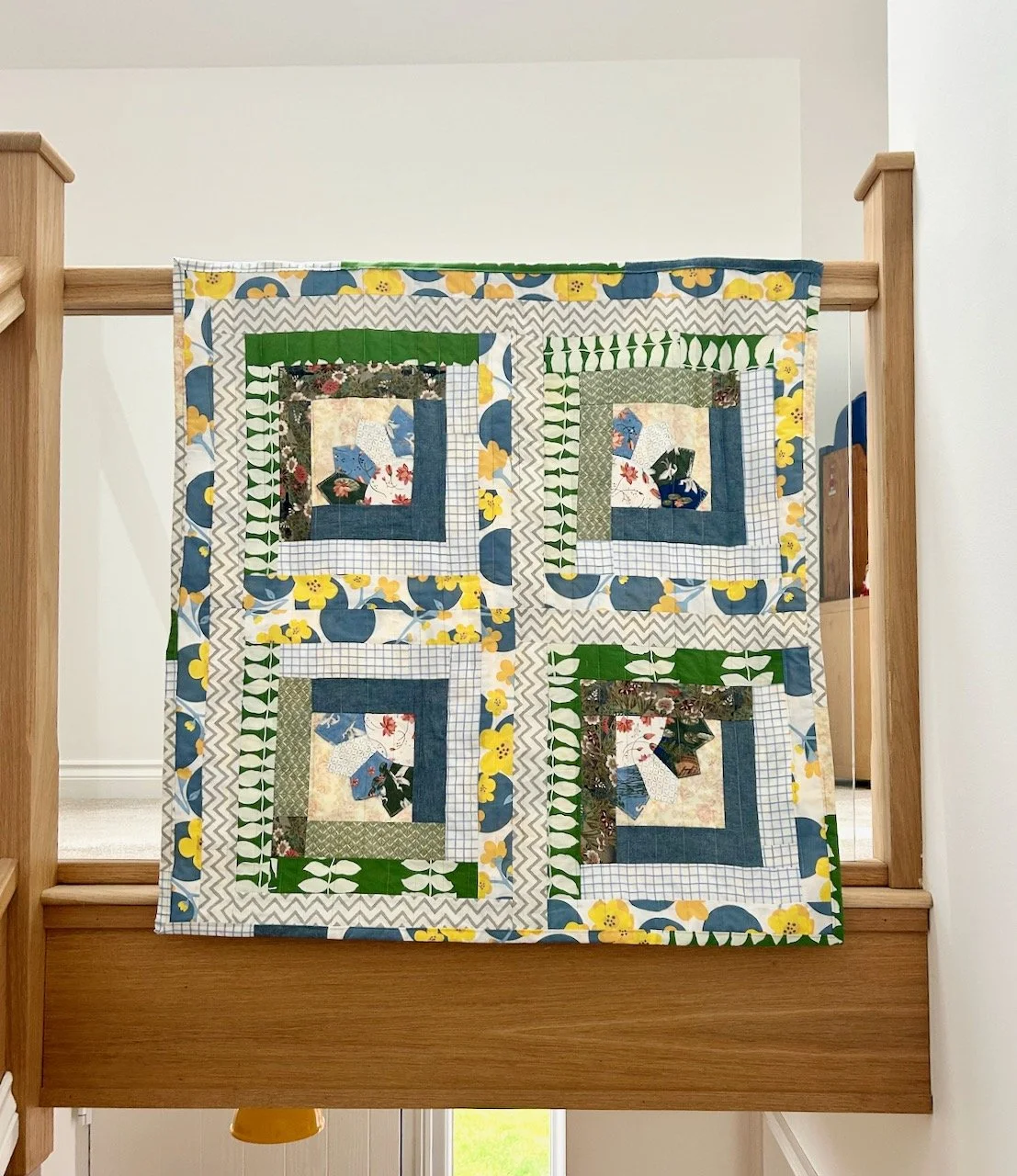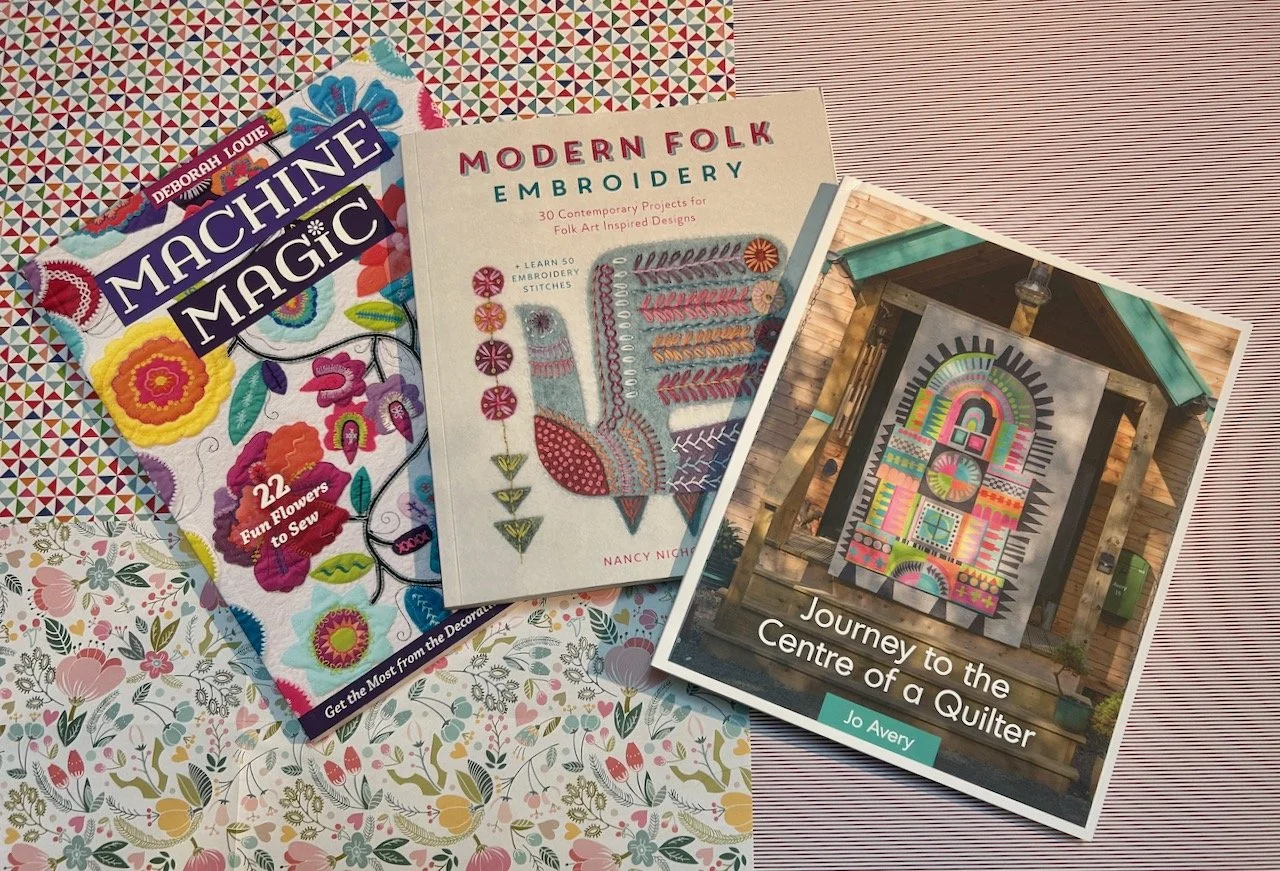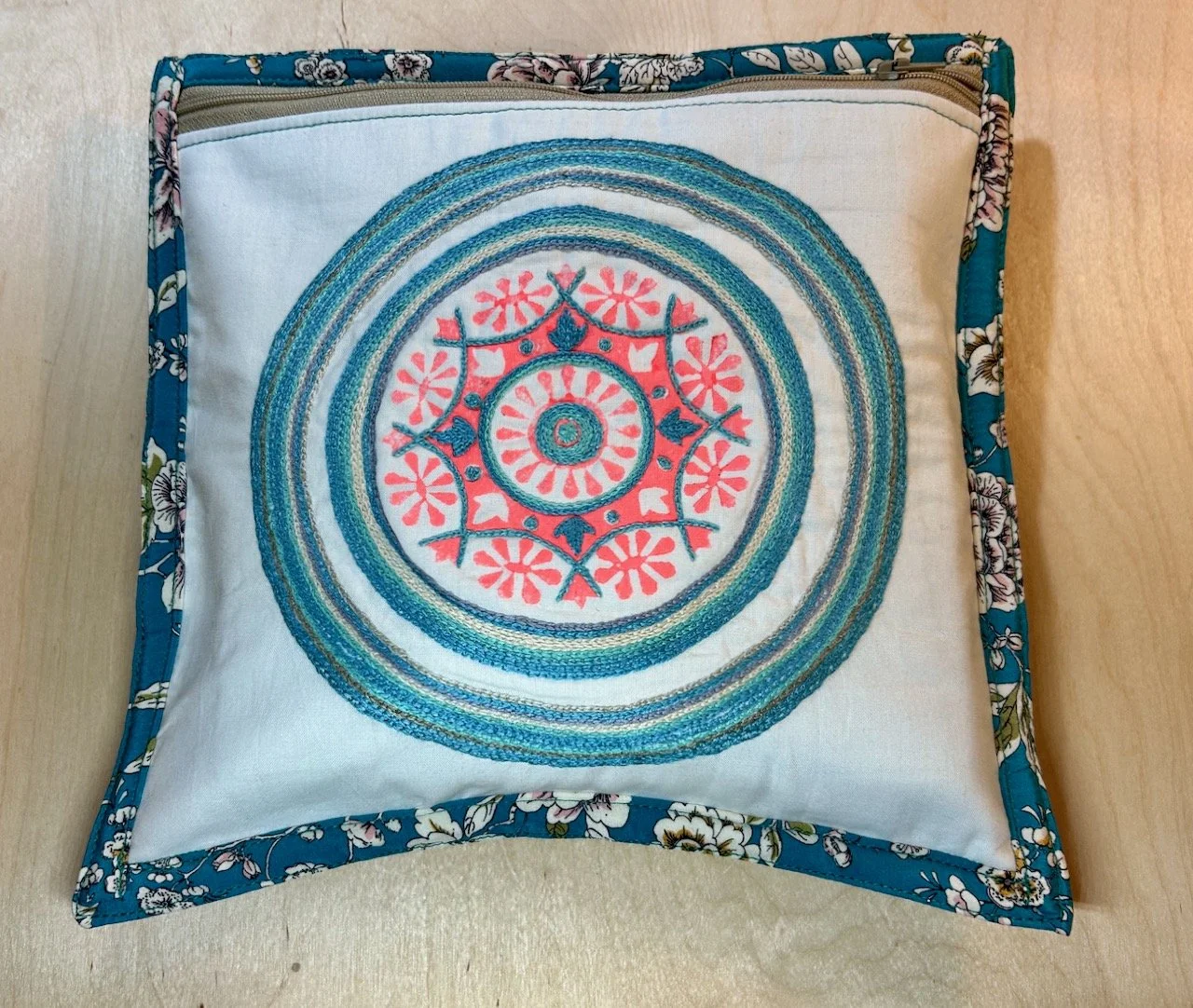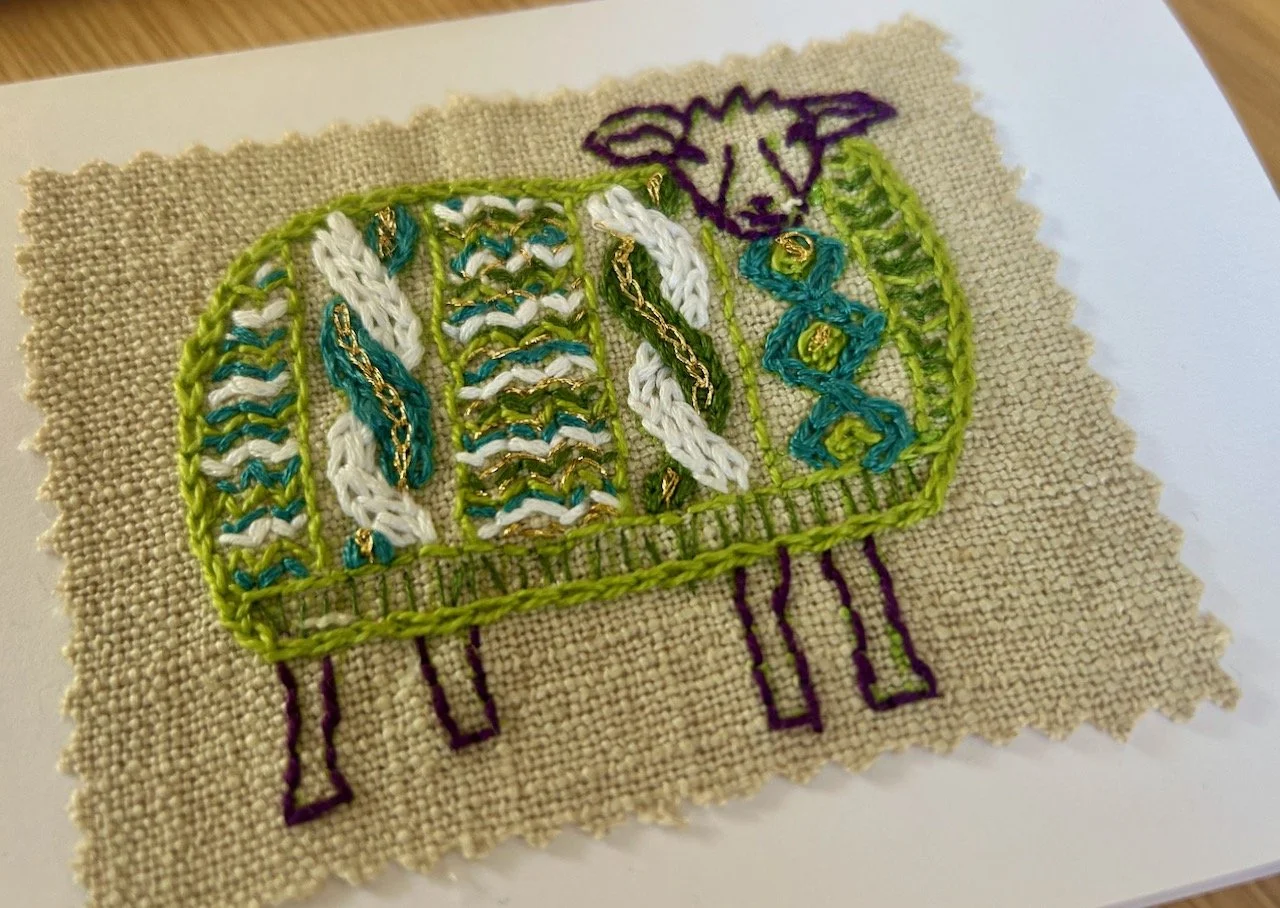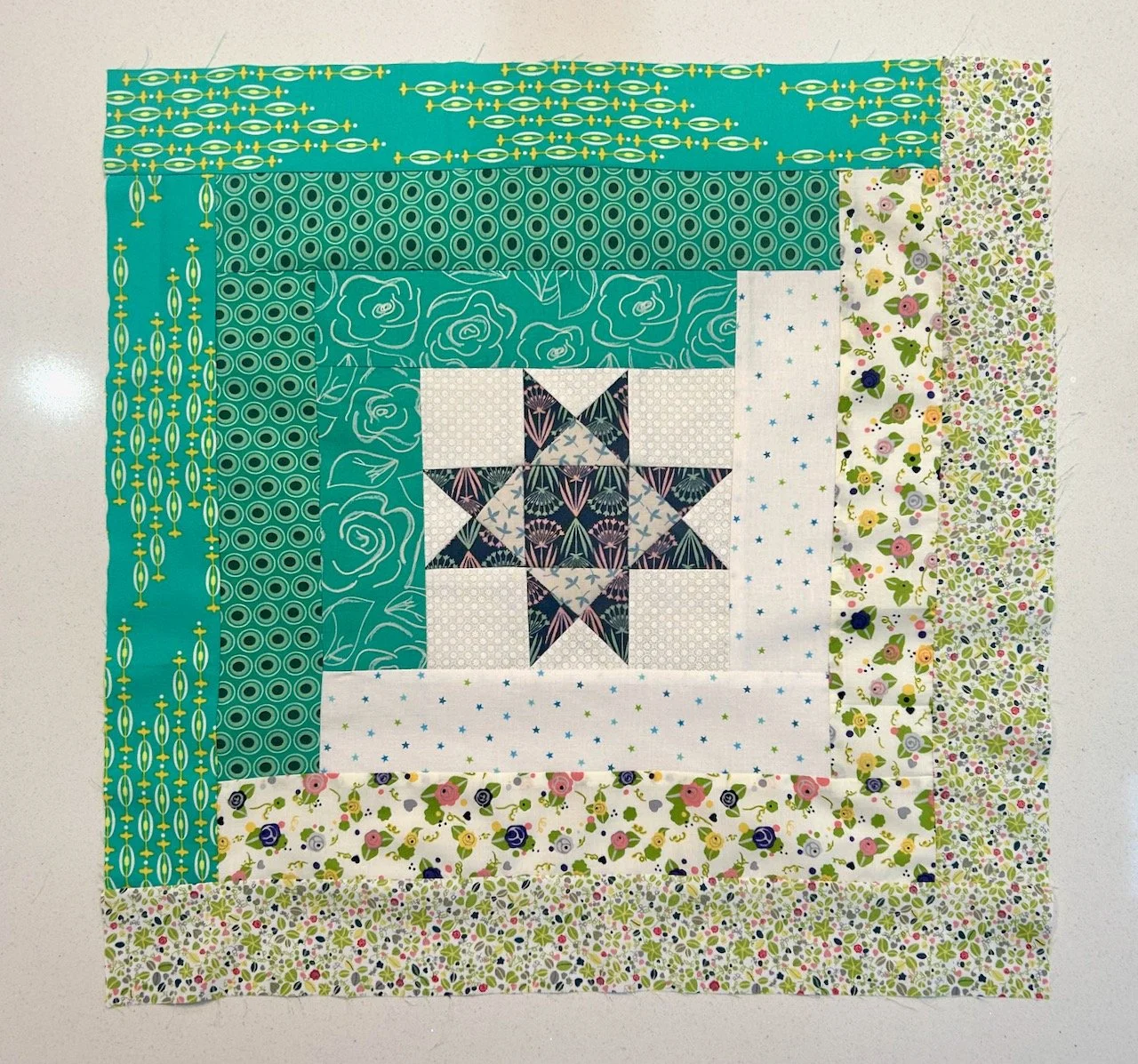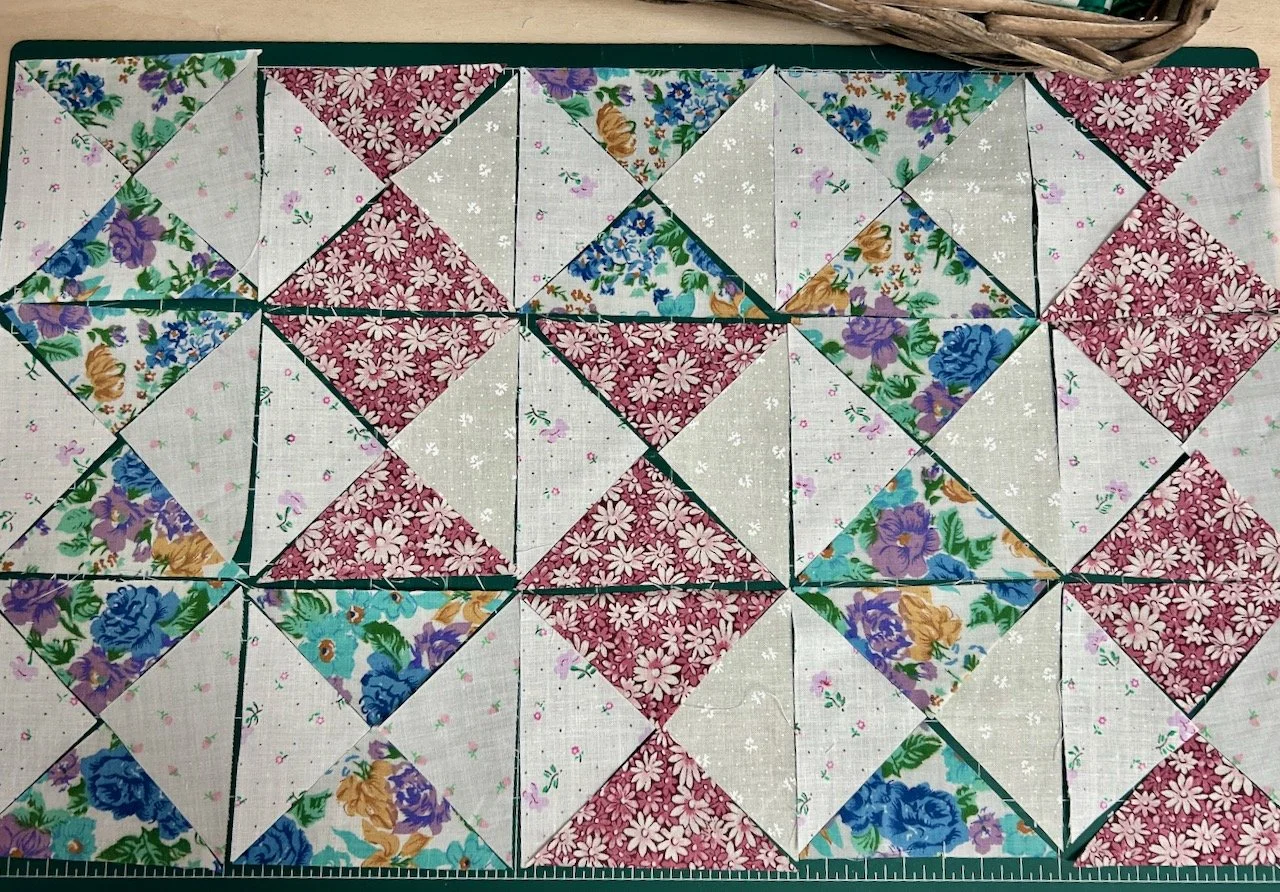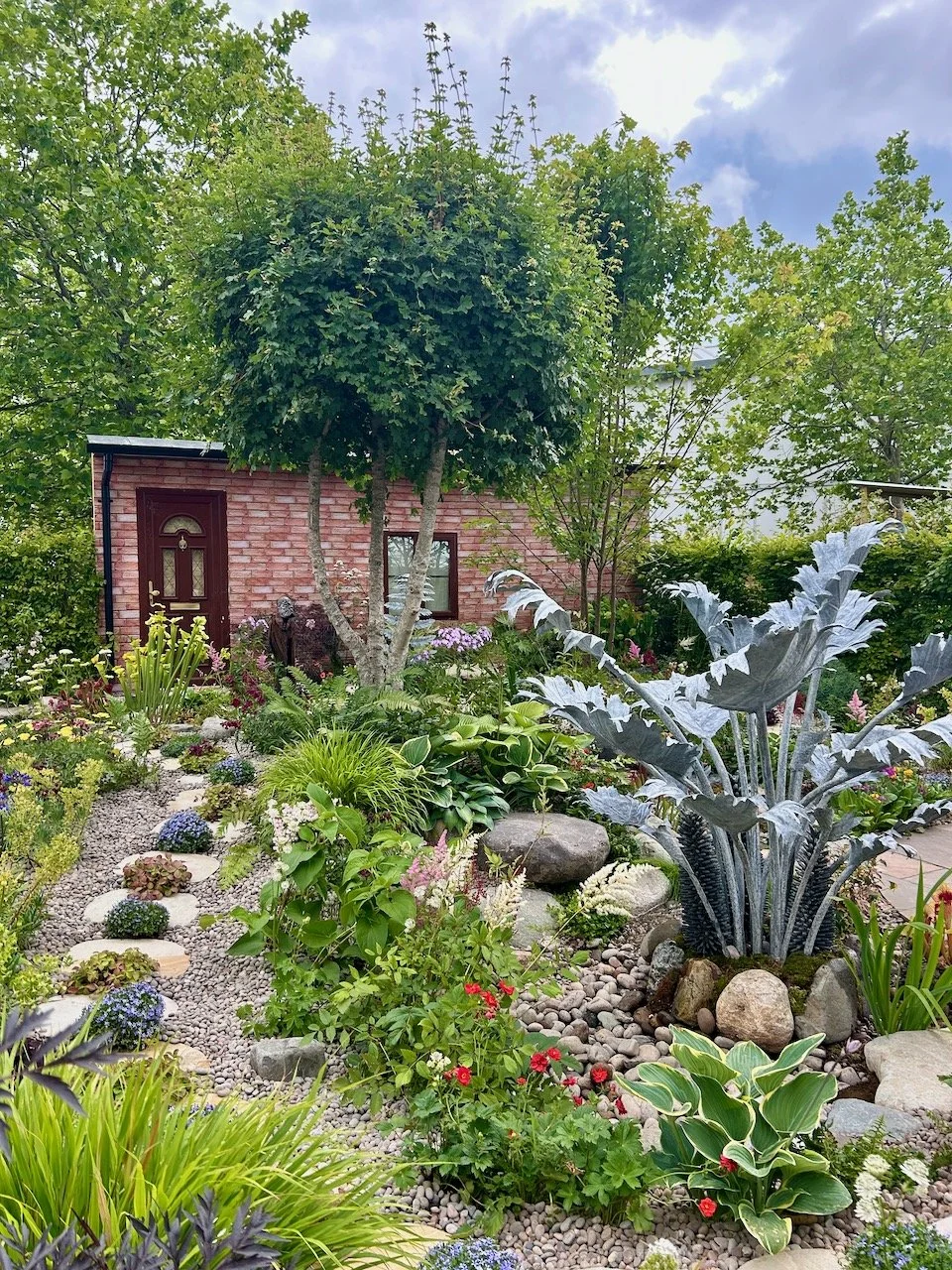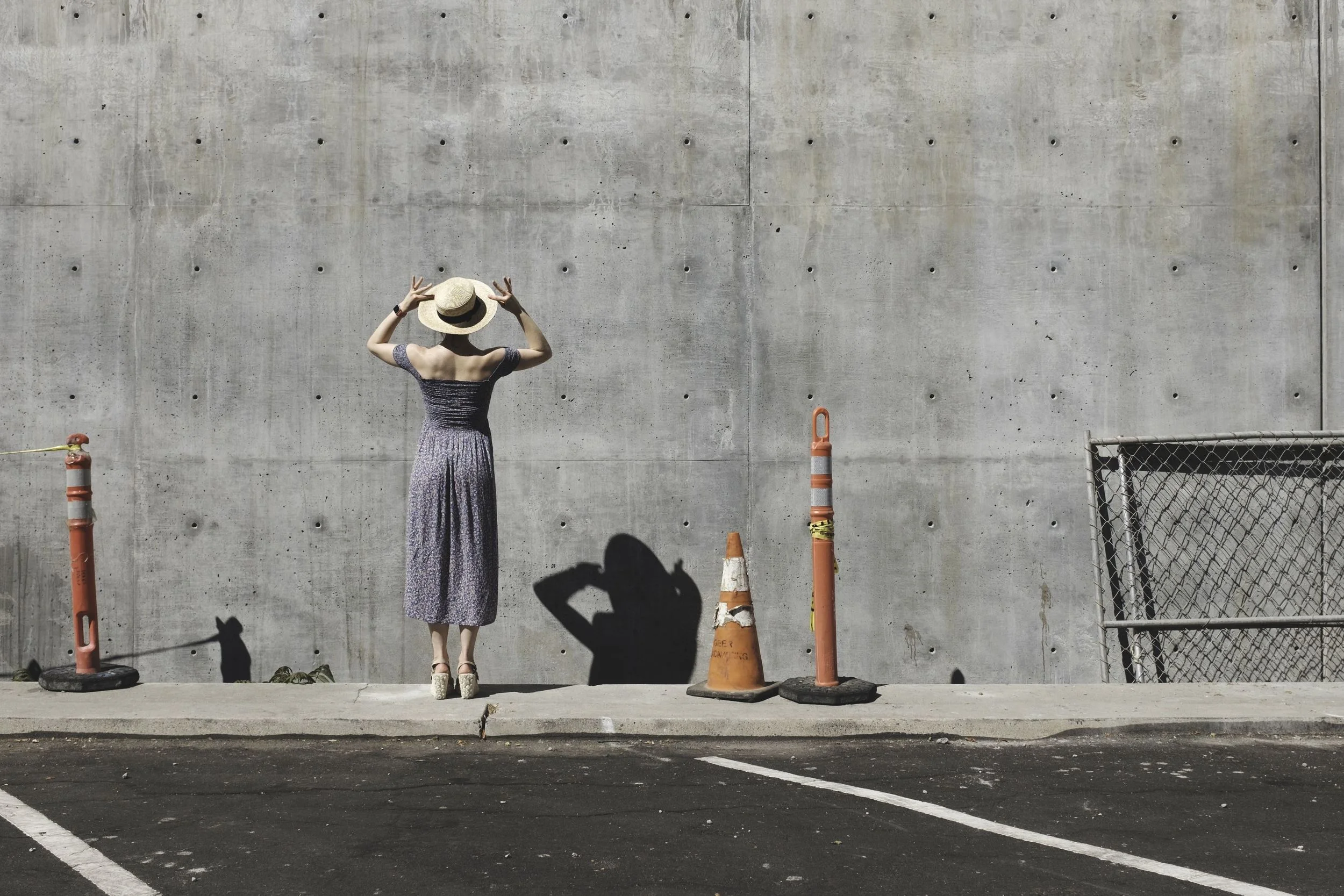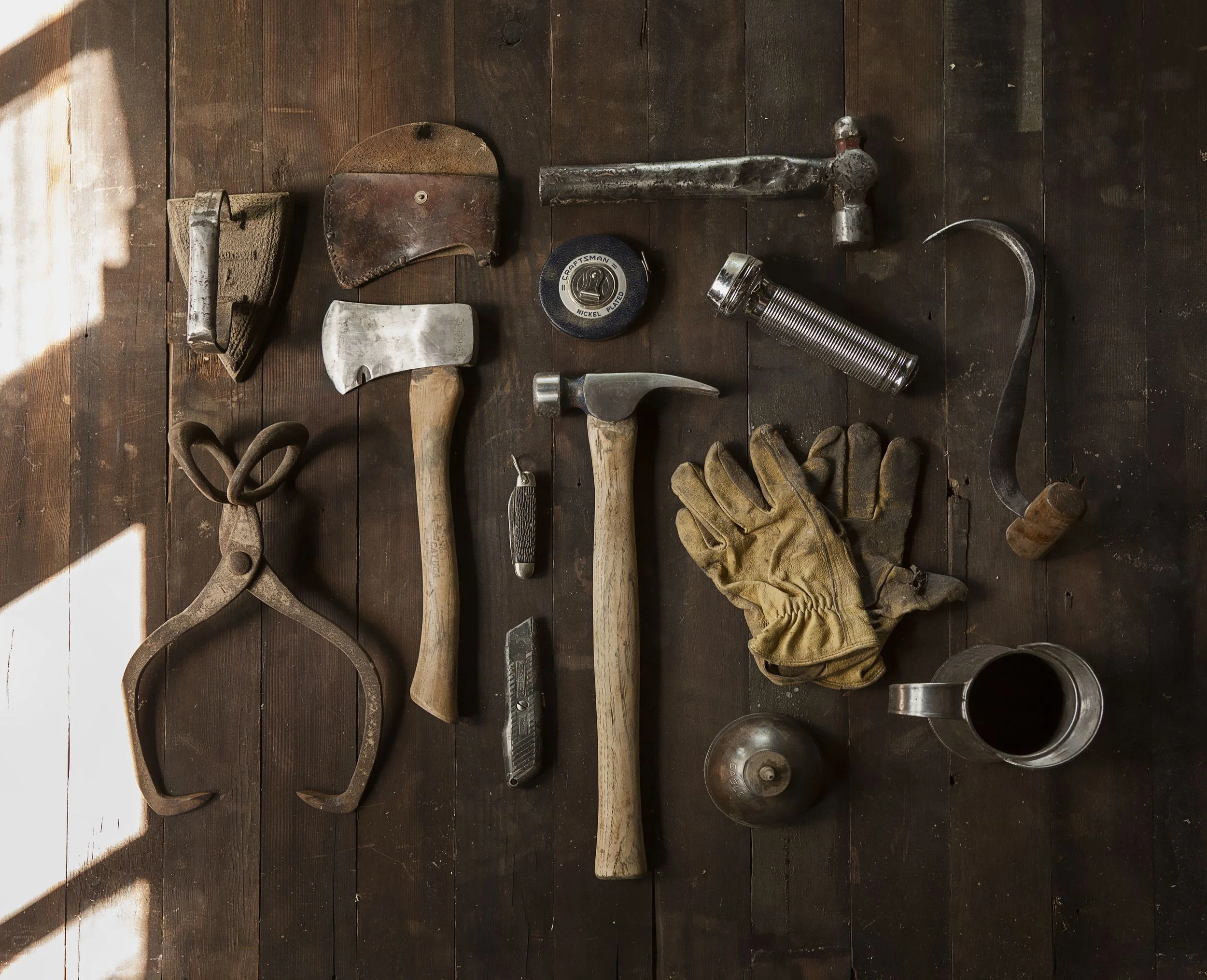Whether you’re house is old or new, you're buying an old property, getting your house ready for sale, or just want to refresh your home a renovation is no easy task. It can easily eat up all your time, energy, patience and quite a bit of cash too. But it doesn't have to be that way, these tip and tricks will help you plan how to successfully tackle the job at hand.
1. Start with the end in mind
Yes it's been said before, by Stephen Covey no less. The success and failure of your project will depend on the work you to prepare. So before you bring start, sit down and take your time to come up with a plan.
You should know what you're aiming for and find out how to get there. Which rooms need to be tackled, what needs to be changed exactly, which materials you need and how much money you want to spend. You should make all of these decisions before starting work.
Image from Unsplash
2. Have a budget and stick to It
As part of your plan, create a budget for your project. Have an idea of what you'll need to spend and where you can save money, and make it realistic. Knowing all your expenses beforehand gives you time to plan and design everything - it may mean when you add up what you want and compare this to what you can afford you'll have to make some tough decisions about how to proceed.
3. Find the right materials at the right price
Buying quality products no longer means that you have to opt for the most highly priced items. You can easily find a wide variety of good, high-quality products such as door handles, taps, and toilets that won’t burn a hole in your pocket.
4. Do your research
Good advice is easy to come by whether that's guides or online DIY videos – it's never been easier to become an amateur builder. But if you prefer to talk to someone, many hardware shops both online and local often offer free and expert advice when you need a helping hand with your projects. So make use of the free resources available and learn how to plan, what to expect and how you can make your project a success.
5. Get a professional in
Sometimes you have to know when to get a professional in. YouTube videos and books will only get you so far and at times, even the most confident and experienced amateur DIY enthusiast will need some help. And that's ok. They do this every day, they're tradesmen and if you want a professional finish then it's worth paying.
When it comes to smaller jobs it's fine to do it yourself. In fact, it will save you money which you can use to make your budget go further, or even to add a contingency fund to your budget. When it comes to the more complicated jobs like plumbing and electrical, however, it is strongly advisable to get a professional in. Our rule of thumb is that if it has the potential to go wrong and cause damage to our property, or if a professional can get a better finish that us as part-timers can or if it requires specialist tools, then it's worth getting a professional in.
Image from Unsplash
6. Stay true to your style
You don't have to follow the interior trends and fashions unless of course you are ultra hip and trendy. Most of us add these touches as accessories which can be easily changed when trends change, or when you've become bored or fed up with an item.
Accessories are a great way to avoid buyers regret. That bold wallpaper looks great as a swatch but can you really live with it for the next five or so years? When it comes to designing your decorating scheme for your house, opt for items that will look good even in ten years’ time and that are functional.
We've all heard of design classics and they're classics for a reason. You know how you and your family live and your house has to work for everyone that lives there. Know your house, your space, the people in it, and plan accordingly.
7. Renovate, don't rebuild
One of the easiest and quickest ways to blow your budget is to make large changes, such as moving your plumbing whether that's a kitchen or a bathroom. Unless there is a clear cut reason as to why you're redesigning the layout of your house, consider this long and hard before you start your project.
No matter how easy it looks on YouTube tutorials and how well you think you can do this, a re-structuring of the plumbing is not only a high-risk factor, but it will also cost you a pretty penny in the long run.
8. Light it up
And before you take a hammer - or sledgehammer - to your wall to add a new window consider if there's a less expensive and strenuous way to light the room. There are plenty of different types of lights available to chose from, and often it's because we want more light in a space that we think about making changes.
If you do choose to replace your windows, be careful to choose windows that are right for your house. They will arguably be one of the more expensive purchases you will make, but it's not worth compromising on the quality in order to save some cash, as hopefully it's something you'll only do once.
9. Go green
Wherever you can opt for more environmental-friendly materials, such as hardware and furniture made out of recycled products. This is not only beneficial to our environment but you can often find some quirky and unusual products that will help set your home apart from the rest.
Choosing energy and water efficient options don't cost any more than “regular” ones. But they will save you a substantial amount of money as you could significantly reduce your energy bill.
10. Prepare yourself
Many people have been tried and tested during their home renovations, whether the project has failed or not. It's a testing time so prepare yourself emotionally for the upheaval. Because you've set out your plan you'll have an idea of what's to come, but it's hard to plan for every occasion and you may face challenges along the way.
Being tired, stressed, exhausted, and on the verge of tears will become more common with the more amount of work you tackle. You see homeowners on the TV house renovation programmes and think it's put on for the show. Sadly it's not, I've been there.
You'll deal with emotions you don't usually feel - and you wouldn't associate with a house project - and that's normal. You might feel panic, shock, anger, frustration and fear. But remember that when your work is finished you'll have a lovely new space and it will all have been worth it.
Trust me.
This is a collaborative post, but all opinions remain my own.




